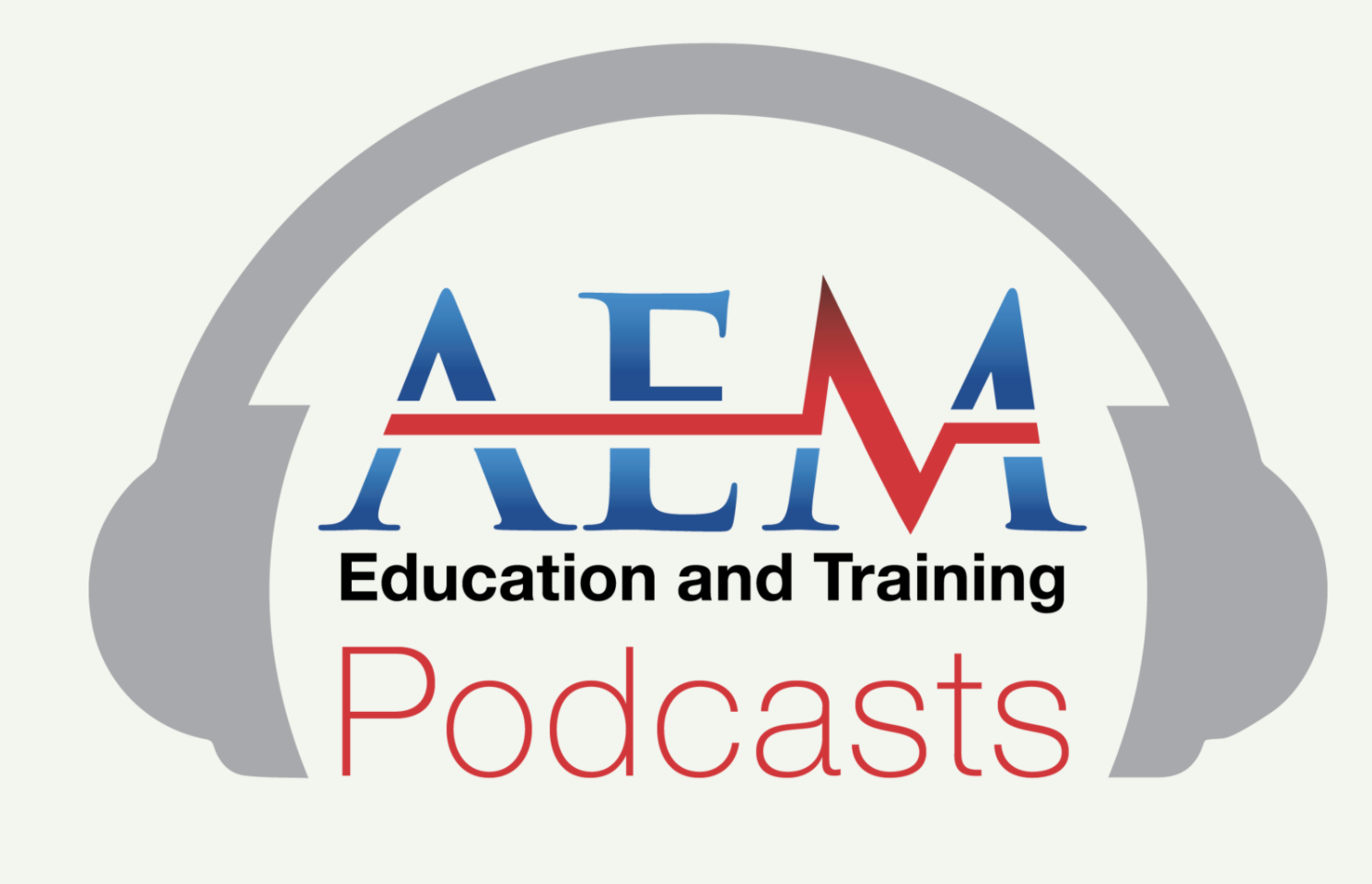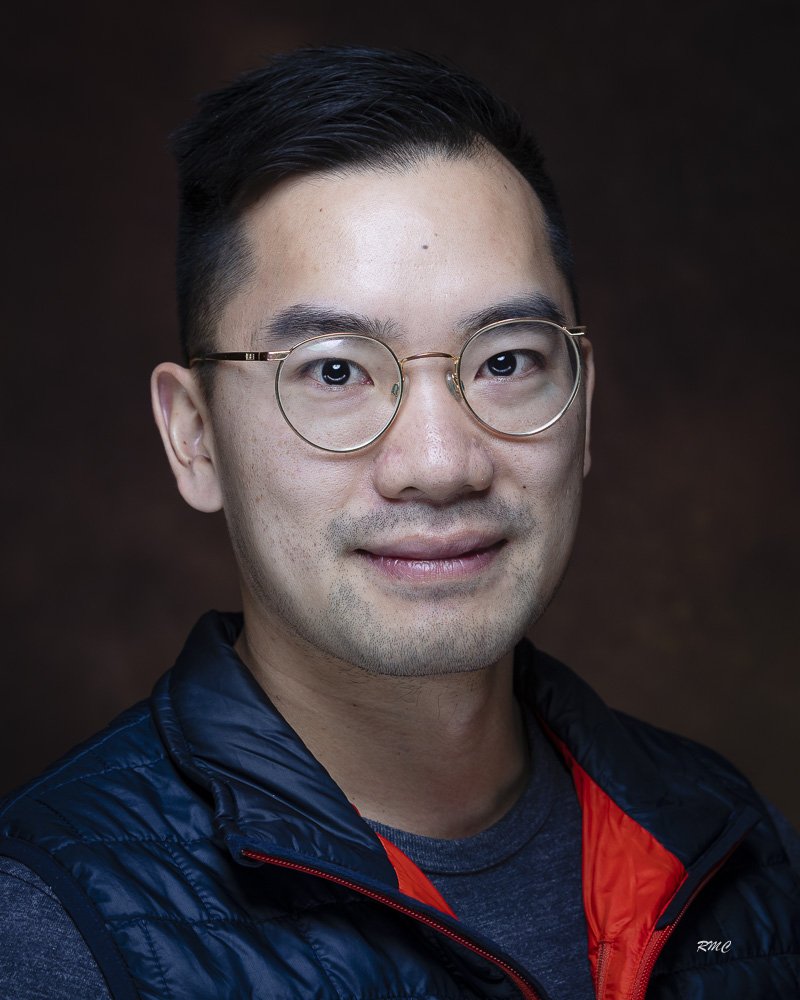AEM Education and Training 36: The Journal Club 3.0: A qualitative, multisite study examining a new educational paradigm in the era of open educational resources
Welcome to the thirty sixth episode of the AEM Education and Training Podcast, a FOAMed podcast collaboration between the Academic Emergency Medicine Education and Training Journal and Brown Emergency Medicine.
Find this podcast series on iTunes here.
DISCUSSING:
Daniel K. Ting MD, Britt H. Bailey MD, MPH, Frank X. Scheuermeyer MD, MHSc, Devin R. Harris MD, MHSc, Teresa M. Chan MD, MHPE
LISTEN NOW: INTERVIEW WITH AUTHOR
Dr. Daniel Ting
Clinical Assistant Professor, Emergency Medicine
University of British Columbia
Editor-in-Chief, CanadiEM.org
Twitter: @tingdan
Abstract
Background
The journal club is a ubiquitous and time-honored tradition within medical education. However, in recent years, open educational resources (OERs) have become increasingly influential in how physicians interact with the medical literature across multiple specialties. The authors sought to explore how emergency medicine (EM) resident physicians reconcile different perspectives across OERs into their educational experience at the journal club.
Methods
From January 2018 to September 2019, the authors enrolled 25 EM residents from four teaching sites associated with the University of British Columbia, Canada, to participate in either a focus group (seven residents) or individual interviews (18 residents). The authors used a snowball sampling technique. Using a constructivist grounded theory analysis, two investigators independently reviewed transcripts, meeting regularly to discuss themes until sufficiency was achieved.
Results
The study data expand the theoretical understanding of the resident journal club experience. Residents used multiple sources including OERs to learn about new evidence in the specialty. The rise of OERs helped residents to focus on developing critical appraisal skills and social bonds during the journal club. The local journal club gained a new relevancy in acting as a quality control mechanism against the premature adoption of research findings discussed in OERs.
Discussion
To date, most educators assume that residents prepare for a journal club by reading the selected articles and applying knowledge from their previous education. Instead, our findings suggest a more dynamic experience that integrates OERs. OERs enhance the journal club experience by allowing junior residents to more easily participate in discussions and to broaden the discussion to multiple clinical settings. Understanding these processes could inform future educational strategies around the journal club.

